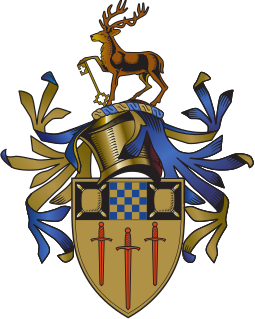Supporting Bees and Pollinators in Your Epsom and Ewell Garden
Expert Advice on Supporting Bees and Pollinators in Your Epsom and Ewell Garden
Epsom and Ewell residents are being offered expert advice on how to make their gardens more welcoming for bees and other vital pollinators, thanks to insights from local academics.
Will Wilkinson and Dr Jorge Gutierrez Merino, both from the University of Surrey, have shared practical tips for nurturing these important species. Mr Wilkinson is a lecturer and leads The Beekeeping Project at the university, while Dr Gutierrez Merino is a senior lecturer.
Their advice highlights that while honeybees are important, it’s crucial to support the many other pollinator species that are often more vulnerable.
Key recommendations for local gardeners include:
- Recognise the bigger picture: While honeybees are “kept species,” conservation efforts should also focus on other less conspicuous pollinators vital to our food web, many of which are more at risk.
- Plant native and heritage varieties: Opt for native plant species and traditional heritage varieties in your garden. Not all modern plants produce the quantity of pollen and nectar that pollinators require.
- Ensure year-round food sources: Aim for a diverse range of plants that flower across different seasons, including trees, to provide a continuous supply of food for pollinators.
- Create a “rough patch”: Leaving a corner of your garden unkempt, perhaps with a pile of old sticks, allows it to overgrow. This helps retain moisture and creates a humid microclimate beneficial for various invertebrates.
- Consider #NoMowMay: Avoid mowing your lawn throughout May. This allows native plants to flower and provides a crucial habitat for insects to thrive.
- Review pet treatments: If your pet regularly receives flea or worm treatments, discuss a risk-based approach with your vet instead of monthly preventative applications. Residues from some spot-on treatments have been detected in UK habitats and can negatively affect invertebrate survival.
The Beekeeping Project at the University of Surrey
The advice stems from work connected to The Beekeeping Project at the University of Surrey. Led by Will Wilkinson and funded by the Student-Staff Partnership Project and Forever Surrey, the initiative provides students, staff, and the wider university community with opportunities to learn about beekeeping, the environment, and develop new skills. It also aims to support student experience and mental health.
The project has fostered interdisciplinary research, including studies into the beehive microbiome as an indicator of honeybee health, led by PhD student Kerry Barnard and Dr Jorge Gutierrez-Merino. This research investigates how bacterial communities within the hive correlate with the health and disease status of bees and other pollinators.
Through workshops, teaching materials, and practical experience, The Beekeeping Project has encouraged discussion and shared knowledge about bees, gardens, and nature, emphasising the importance of all bee species for biodiversity, ecology, and sustainability – principles central to the University of Surrey’s ethos.
Residents interested in learning more can note that Will Wilkinson and Dr Jorge Gutierrez Merino are available for interview by contacting mediarelations@surrey.ac.uk.





